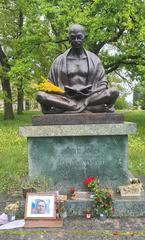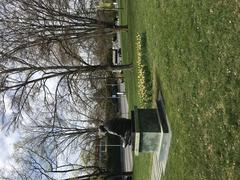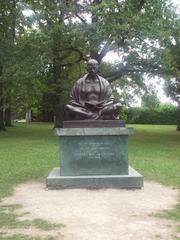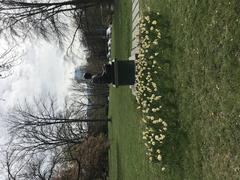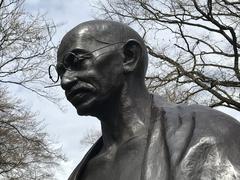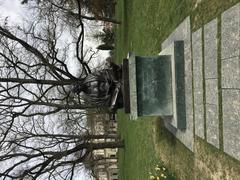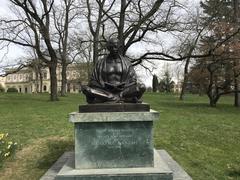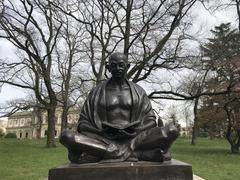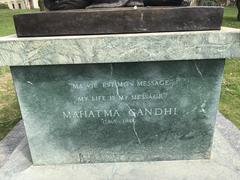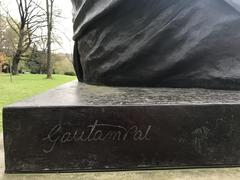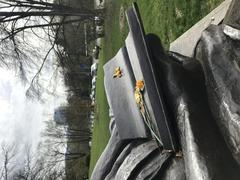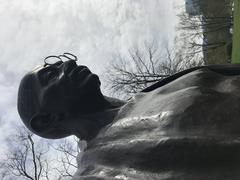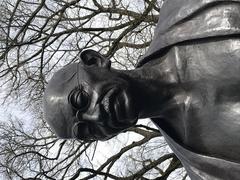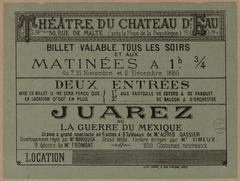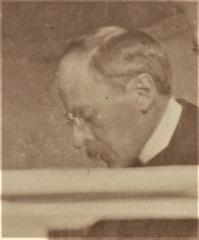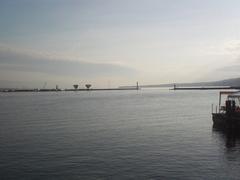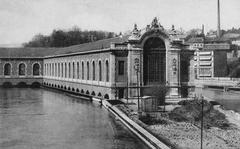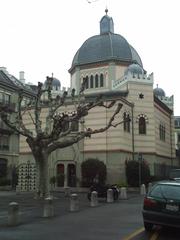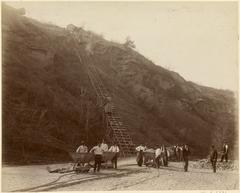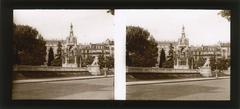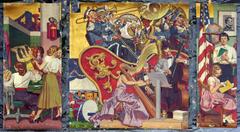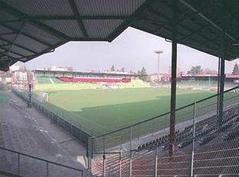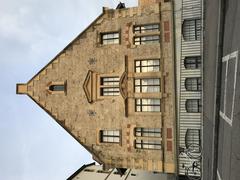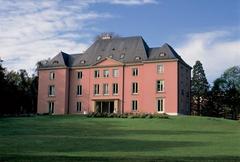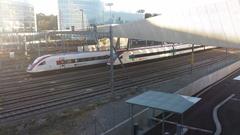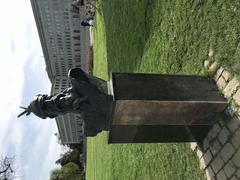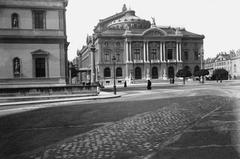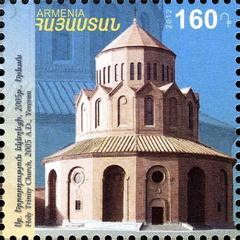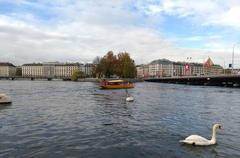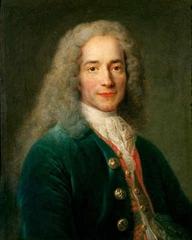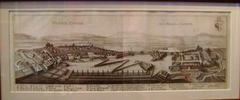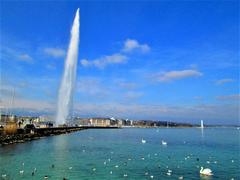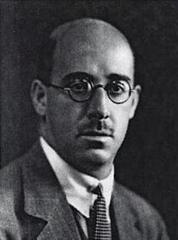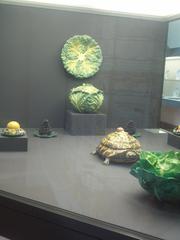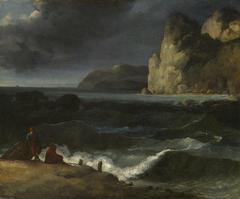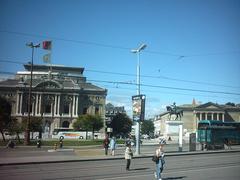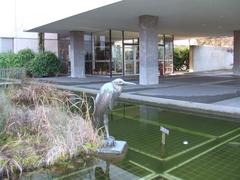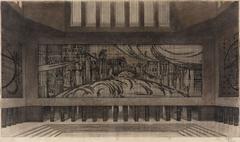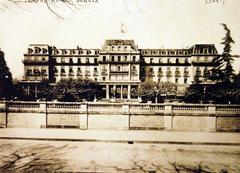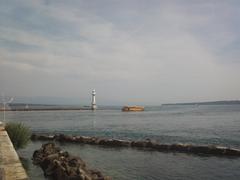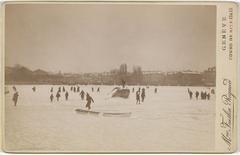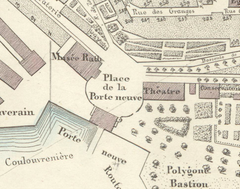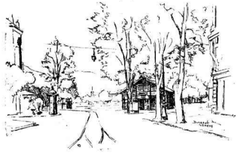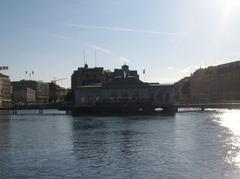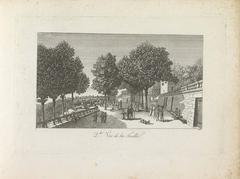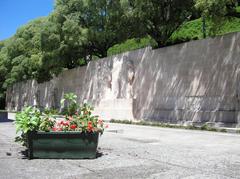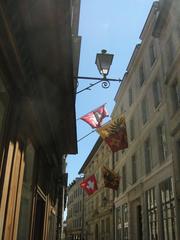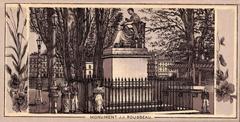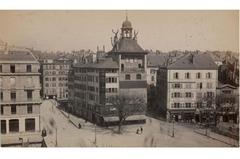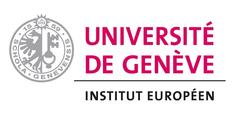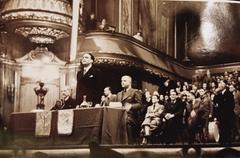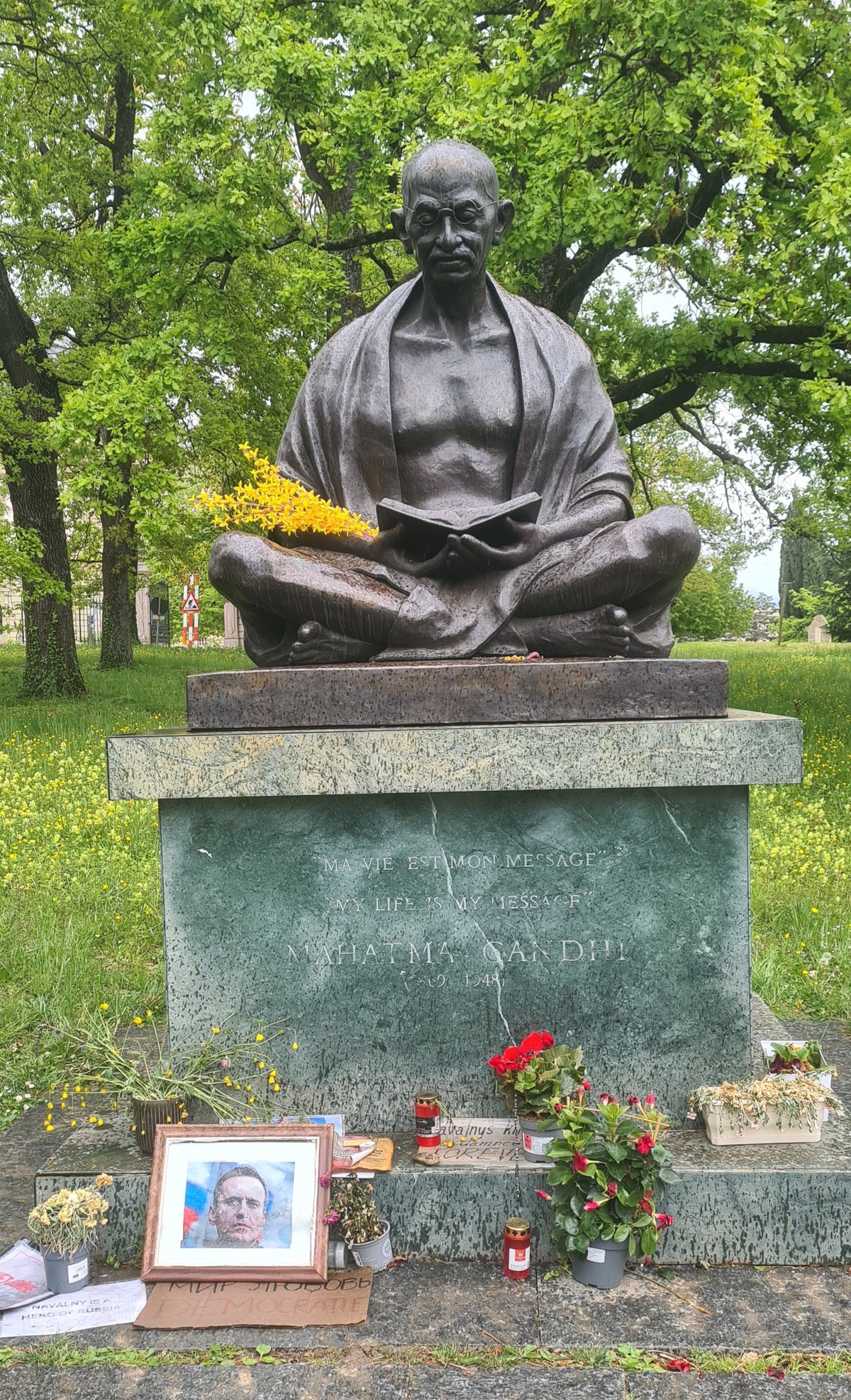
Statue of Mohandas K. Gandhi in Geneva: Visiting Hours, Tickets, and Travel Guide
Date: 14/06/2025
Introduction
The Statue of Mohandas K. Gandhi in Geneva, Switzerland, stands as a powerful symbol of peace, non-violence, and global unity. Honoring the legacy of Mahatma Gandhi, whose philosophy of ahimsa (non-violence) and satyagraha (truth-force) inspired not only India’s independence movement but also civil rights and peace initiatives worldwide, the monument is set in a city renowned for diplomacy, humanitarianism, and international cooperation. Positioned within lush green spaces—most notably Ariana Park and Parc des Bastions—near prominent landmarks like the United Nations Office at Geneva and the Reformation Wall, the statue invites visitors to reflect on Gandhi’s enduring message and Geneva’s role as a crossroads for global dialogue (Evendo; Peace Monuments Gandhi page; Geneva City Official Site; Explorial).
Accessible year-round without charge, the Gandhi statue serves as a gathering place for commemorations such as the International Day of Non-Violence on October 2nd, and is a frequent stop for guided tours and educational visits. This travel guide provides comprehensive details on the statue’s history, artistry, practical visitor information, accessibility, nearby attractions, special events, and tips for an enriching visit.
Contents
- Historical Background
- Artistic Features and Symbolism
- Visiting Information: Hours, Access, and Tickets
- Guided Tours and Educational Opportunities
- Events, Commemorations, and Community Role
- Nearby Attractions
- Practical Visitor Tips
- Frequently Asked Questions (FAQ)
- Conclusion and Call to Action
- Sources
Historical Background
Gandhi’s Legacy and Geneva’s Role
Mahatma Gandhi is globally recognized for pioneering nonviolent resistance and shaping India’s independence, but his influence resonates far beyond the subcontinent. Geneva, as a bastion of diplomacy and humanitarianism, is a fitting home for a monument honoring Gandhi’s vision of justice and intercultural dialogue. Parc des Bastions, one of Geneva’s historic parks, and Ariana Park—both settings for Gandhi statues—are themselves steeped in stories of reform, peace, and international cooperation (geneve.ch).
The installation of Gandhi’s statue in Geneva is part of a broader international movement to honor his universal message. Over 49 monuments to Gandhi exist outside India, each reflecting his enduring relevance and the shared values of the host cities (peace.maripo.com).
Inauguration and Placement
The Geneva statue was inaugurated to mark significant milestones, including Indo-Swiss friendship and globally recognized anniversaries of peace treaties. For example, the Ariana Park statue was gifted by the Government of India to Switzerland in 2007, commemorating 60 years of the Treaty of Amity. Its prominent placement, adjacent to the United Nations and within walking distance of other iconic Geneva landmarks, underscores both Gandhi’s international impact and the city’s commitment to peace.
Artistic Features and Symbolism
Sculpture Design
The Gandhi statue is a life-sized bronze sculpture, chosen for its durability and capacity to capture fine artistic details. Depicted in simple attire—dhoti and shawl—and holding his walking staff, Gandhi is shown either in motion or in thoughtful repose, embodying his humility and unwavering commitment to justice (Evendo).
Symbolic Elements
Gandhi’s walking posture and staff symbolize his lifelong journey for truth and non-violence, while his bare feet reflect solidarity with the marginalized. The statue’s inscription, “Ma vie est mon message” (“My life is my message”), encapsulates Gandhi’s philosophy of living by example. The monument’s setting in tranquil gardens reinforces themes of harmony, contemplation, and the unity of humanity and nature.
Artistic Context
Geneva’s Gandhi statue is part of a global network of monuments, each adapting Gandhi’s image to local artistic traditions but consistently conveying his role as an active agent of change. The use of bronze and realistic styling ensures resonance with diverse audiences and aligns with the city’s artistic heritage.
Visiting Information: Hours, Access, and Tickets
Visiting Hours
- Parc des Bastions and Ariana Park are open year-round.
- Access is typically available from dawn until dusk, but main paths are freely accessible 24/7.
- Daytime visits are recommended for optimal light and safety (Explorial).
Admission and Tickets
- Entry is free of charge; no tickets or reservations are required.
- The parks are public spaces, making the statue accessible to all.
Accessibility
- Both parks feature paved, wheelchair-friendly paths.
- Benches and shaded areas are available for rest.
- Public restrooms are located near Ariana Park, the United Nations, and park facilities.
Guided Tours and Educational Opportunities
- Guided walking tours of Geneva’s historical and international district often include the Gandhi statue, providing historical context and discussion on peace-building.
- Educational groups regularly visit the monument to explore themes of non-violence, civil rights, and international cooperation.
- Self-guided tours and interactive scavenger hunts are available through local tourism platforms (Explorial).
Events, Commemorations, and Community Role
Annual Events
- International Day of Non-Violence (October 2nd): Floral tributes, speeches, performances, and moments of reflection, organized by the Indian mission, local communities, and international organizations (Geneva Events Calendar).
- Indo-Swiss cultural gatherings: Yoga sessions, interfaith dialogues, and peace walks.
Community Stewardship
- The statue is maintained as part of Geneva’s commitment to ecological stewardship—parks are managed without chemicals, and biodiversity is promoted (geneve.ch).
- Community clean-up days, educational workshops, and guided tours reinforce the living legacy of Gandhi’s ideals.
Nearby Attractions
- United Nations Office at Geneva (UNOG): Offers guided tours on diplomacy and peace.
- Broken Chair Sculpture: Symbolizing opposition to landmines, located at Place des Nations.
- Red Cross and Red Crescent Museum: Interactive exhibits on humanitarian efforts.
- Lake Geneva Promenade: Ideal for walks, boat rides, and relaxation.
- Botanical Gardens: Extensive collections, free entry, and family-friendly spaces.
- Geneva Old Town: Historical landmarks, St. Pierre Cathedral, and cobblestone streets.
Practical Visitor Tips
- Best times: Early morning or late afternoon for photography and calm ambiance.
- Weather: Geneva’s climate can shift; bring a raincoat or umbrella when needed.
- Transport: Tram line 15 and bus lines 5, 8, and F serve the “Nations” stop, a short walk from the statue (Explorial).
- Dining: Options available in the Nations district and near the UN.
- Security: The area is safe, with visible police presence due to proximity to international institutions.
- Souvenirs: UN gift shops offer peace-themed items.
Frequently Asked Questions (FAQ)
Q: What are the visiting hours for the Gandhi statue in Geneva?
A: Open access, typically from dawn to dusk, but public paths are available 24/7.
Q: Is there an entrance fee or ticket required?
A: No, the statue and park are free to visit.
Q: Is the statue accessible for people with disabilities?
A: Yes, main paths are wheelchair-friendly; benches and ramps are available.
Q: Are guided tours available?
A: Yes, both group and self-guided tours include the Gandhi statue.
Q: When are main events held?
A: The International Day of Non-Violence on October 2nd is the primary annual event.
Q: Are restrooms and dining options available nearby?
A: Yes, public restrooms and a variety of dining options are located in and around the International District.
Q: Can I take photographs at the statue?
A: Photography is permitted except during certain official ceremonies.
Conclusion
The Statue of Mohandas K. Gandhi in Geneva offers a unique blend of historical significance, cultural inspiration, and serene natural beauty. As a hub for peace, reflection, and intercultural dialogue, it is an essential stop for visitors seeking insight into Geneva’s international character and Gandhi’s enduring legacy. The monument’s inclusive setting, ease of access, and integration with nearby landmarks make it a rewarding destination for individuals, families, and groups alike.
Embrace the opportunity to connect with Gandhi’s message in a city where global cooperation and humanitarian values thrive. For up-to-date information on events, accessibility, and travel tips, consult official Geneva resources and enhance your visit with digital guides like the Audiala app.
Sources and Further Reading
- Geneva City Official Site
- Peace Monuments Gandhi page
- Evendo Travel Guide
- Explorial Sightseeing
- Embassy of India, Berne
- Geneva Events Calendar
